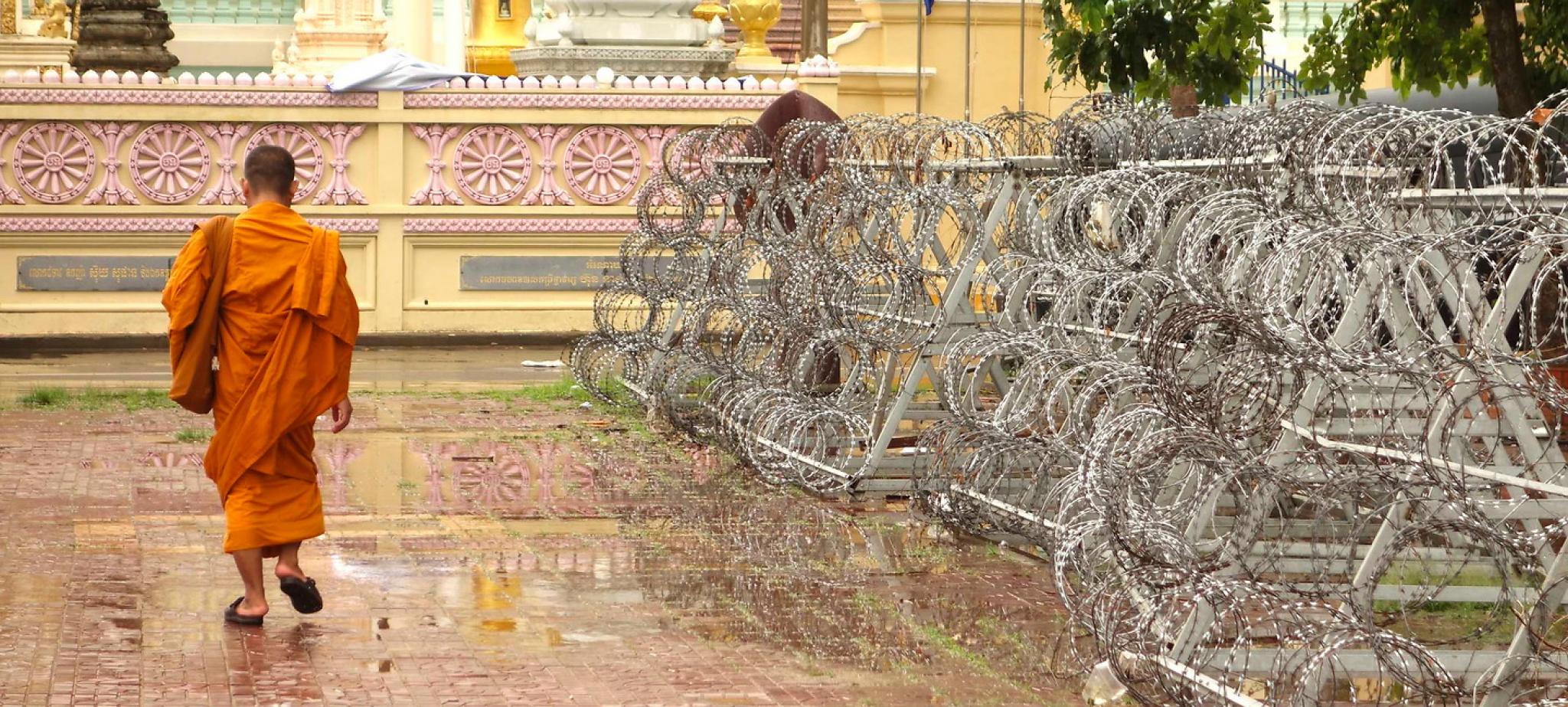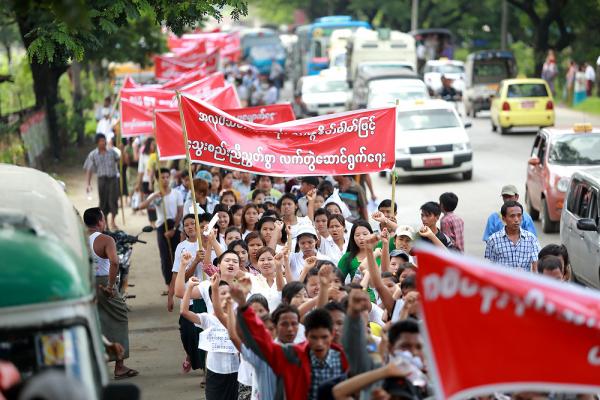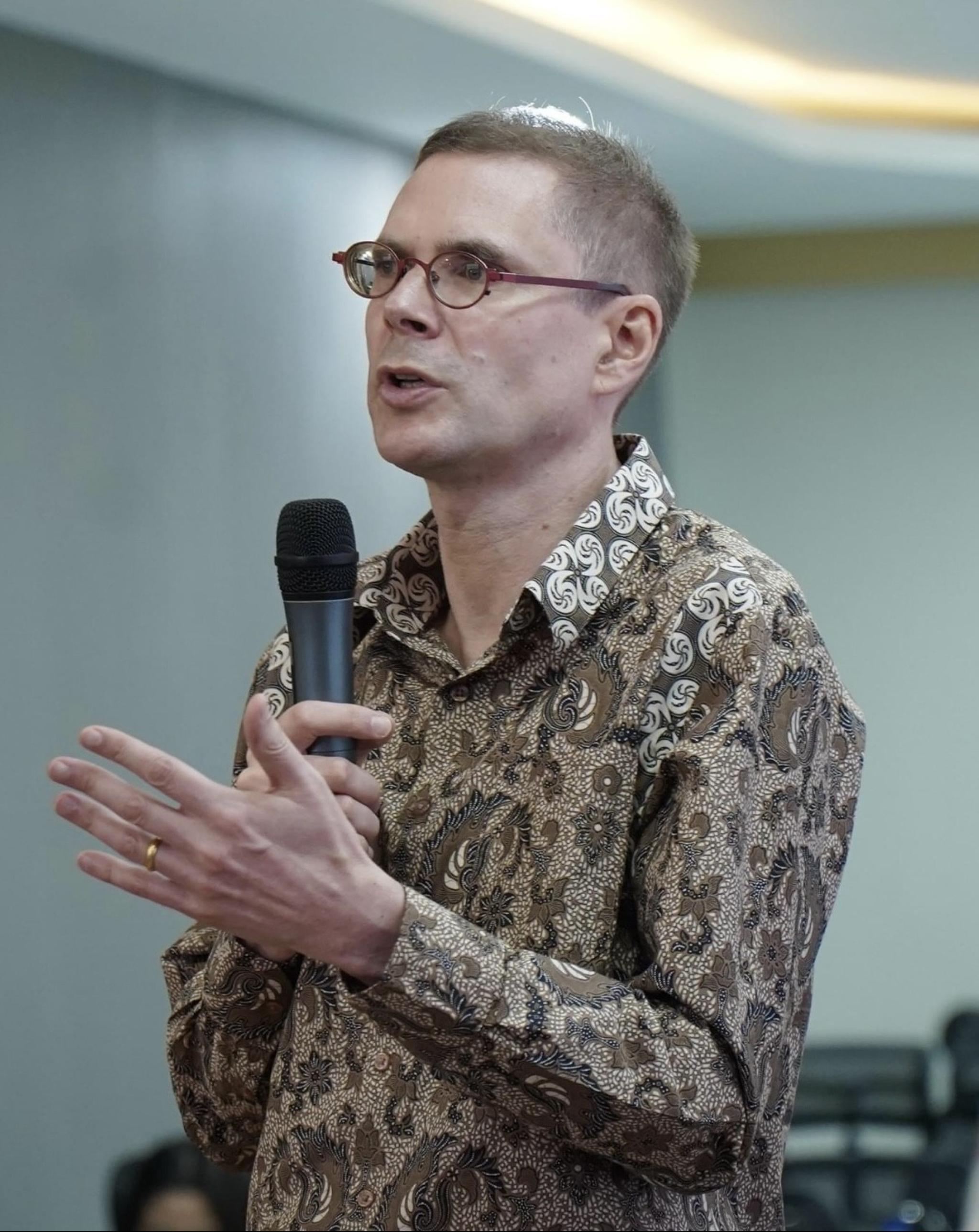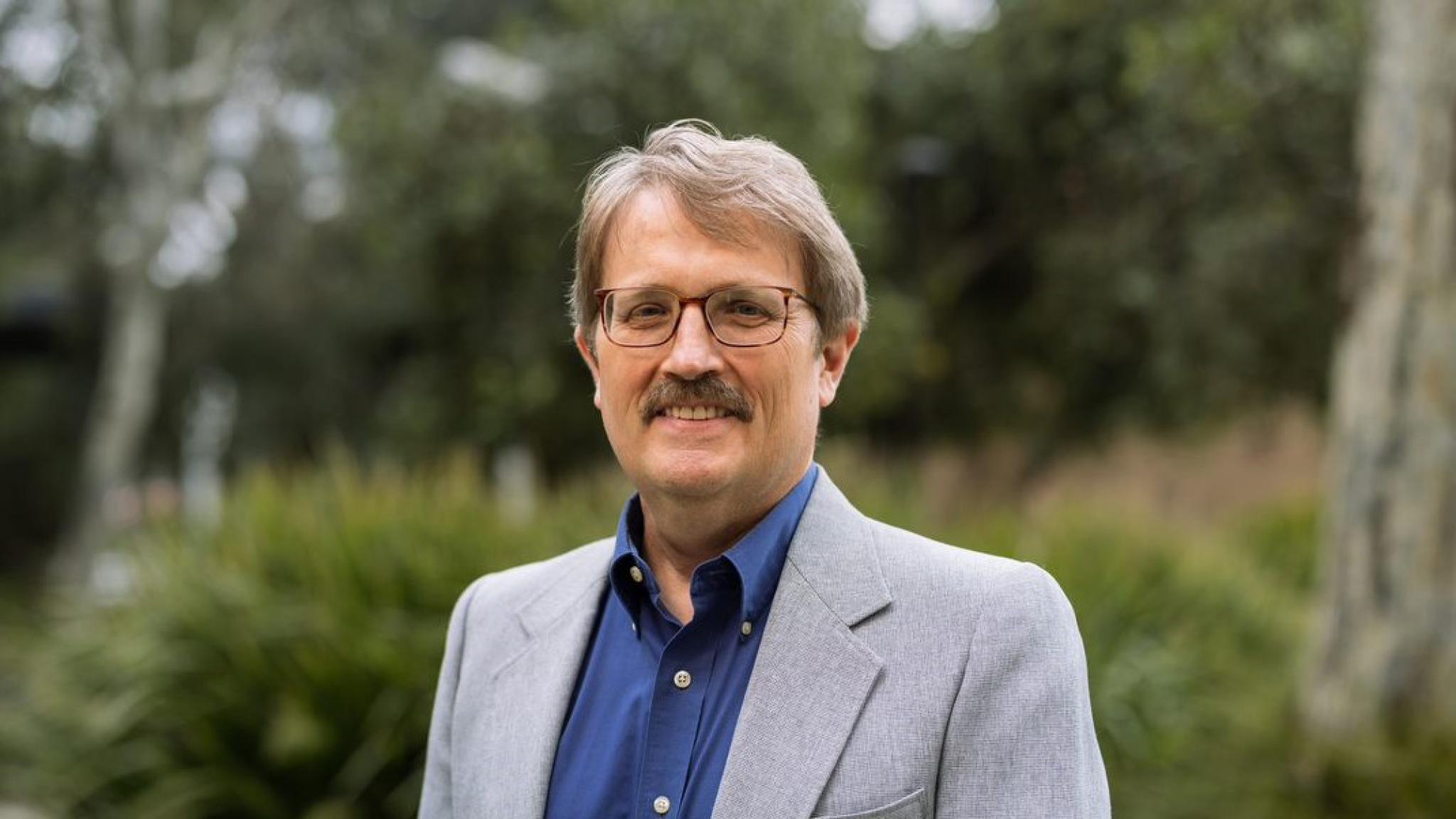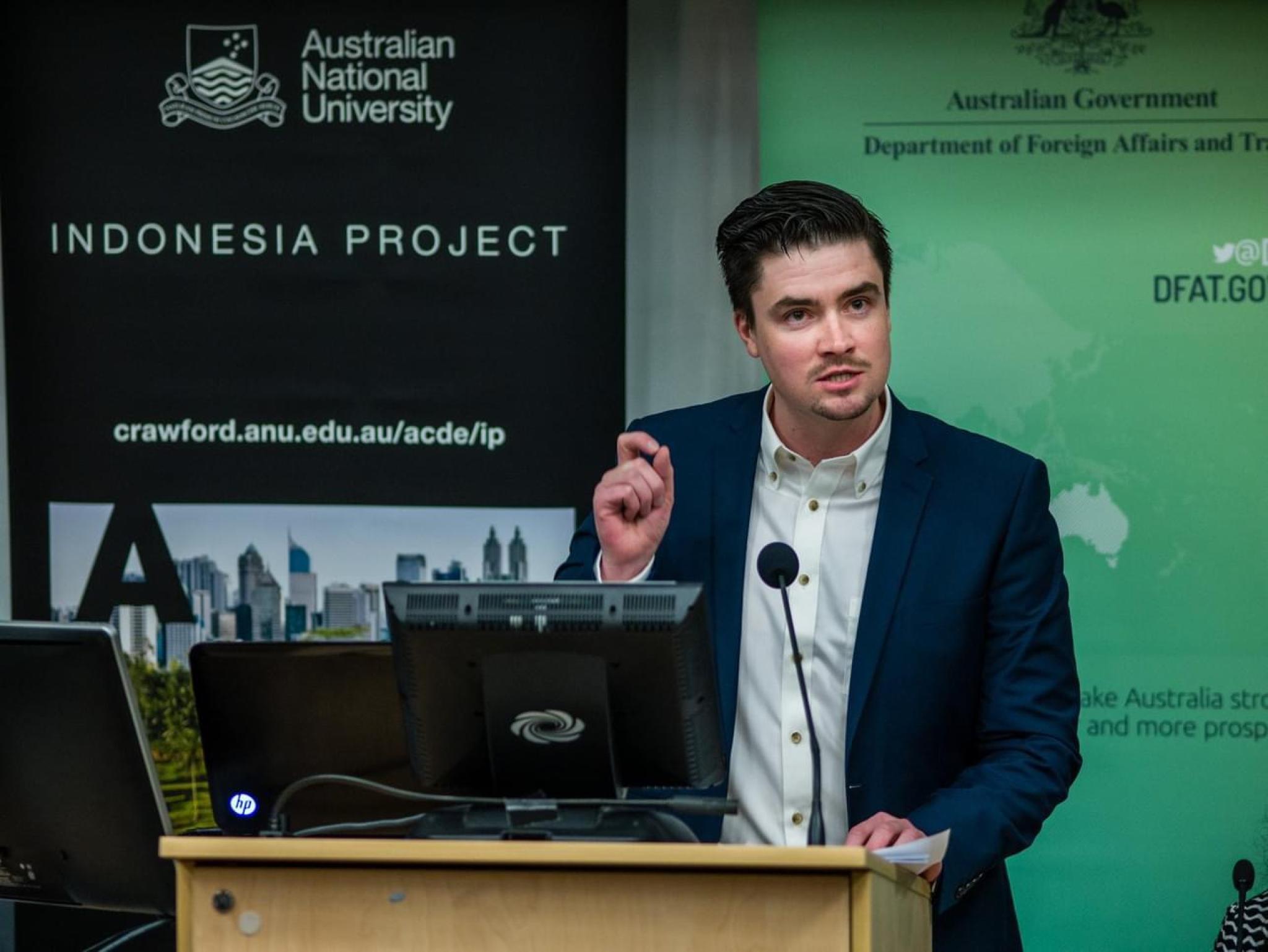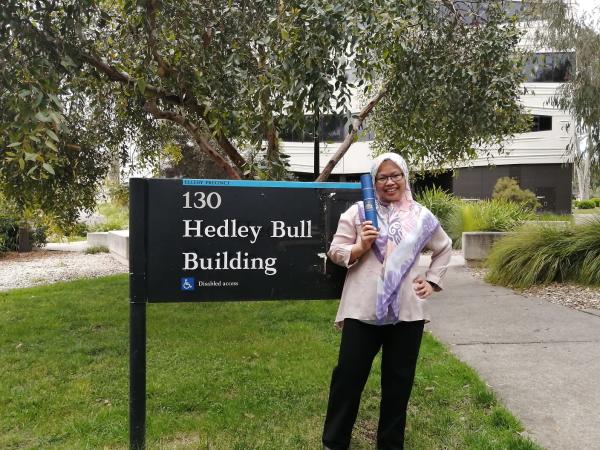Our experts provide regular national and international commentary on recent events and long-term trends in the region. Through to 2020, PSC edited the China Journal, currently the number-one ranked Area Studies journal in the world in impact. From 2021, the China Journal has been edited out of the Australian Centre for China in the World.
We host the New Mandala blog, a leading forum for academic and policy outreach on Southeast Asia which attracts an audience of around 2 million readers each year. Faculty of the department also publish a wide range of books, research articles in scholarly journals and commentaries and think pieces.
